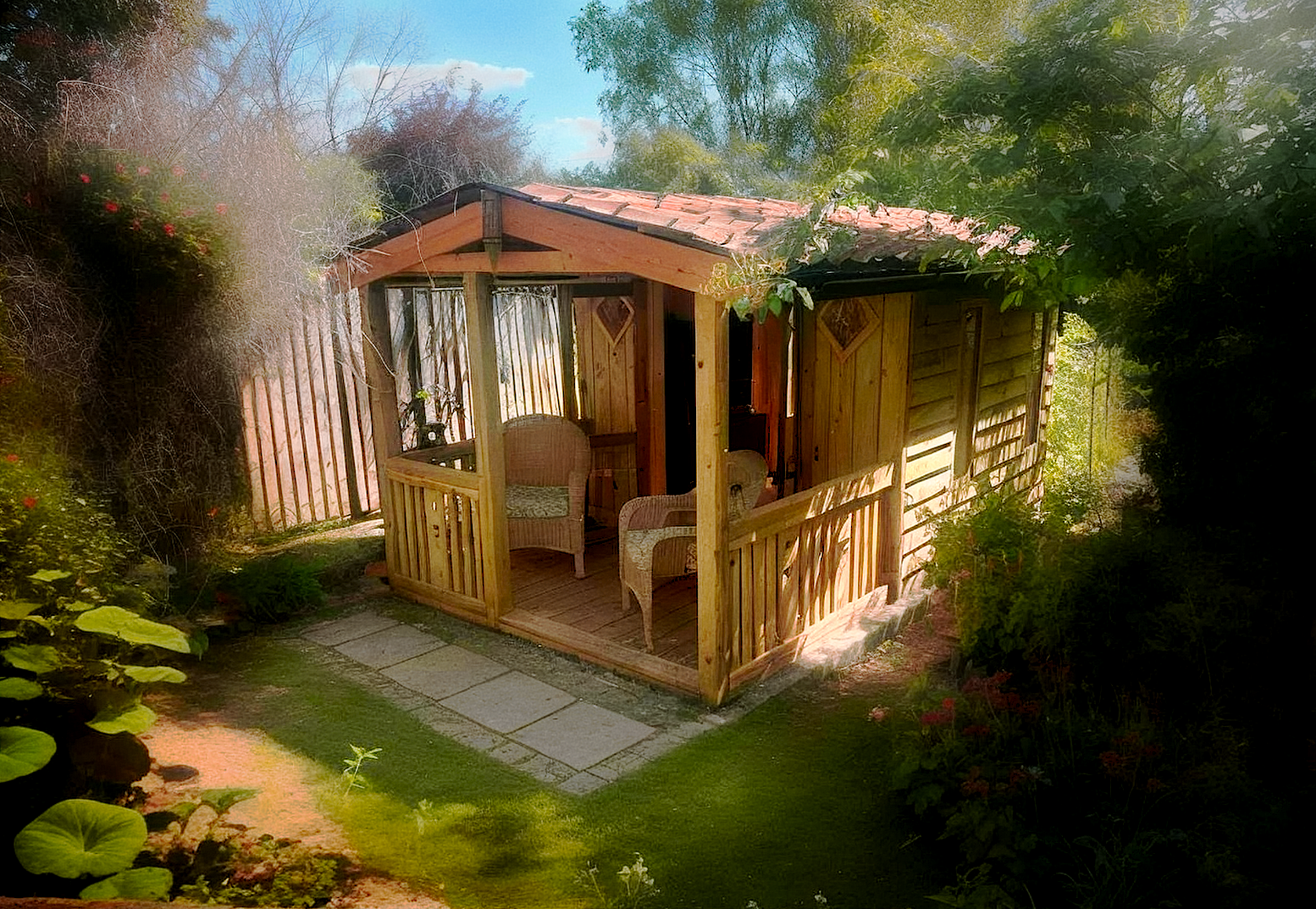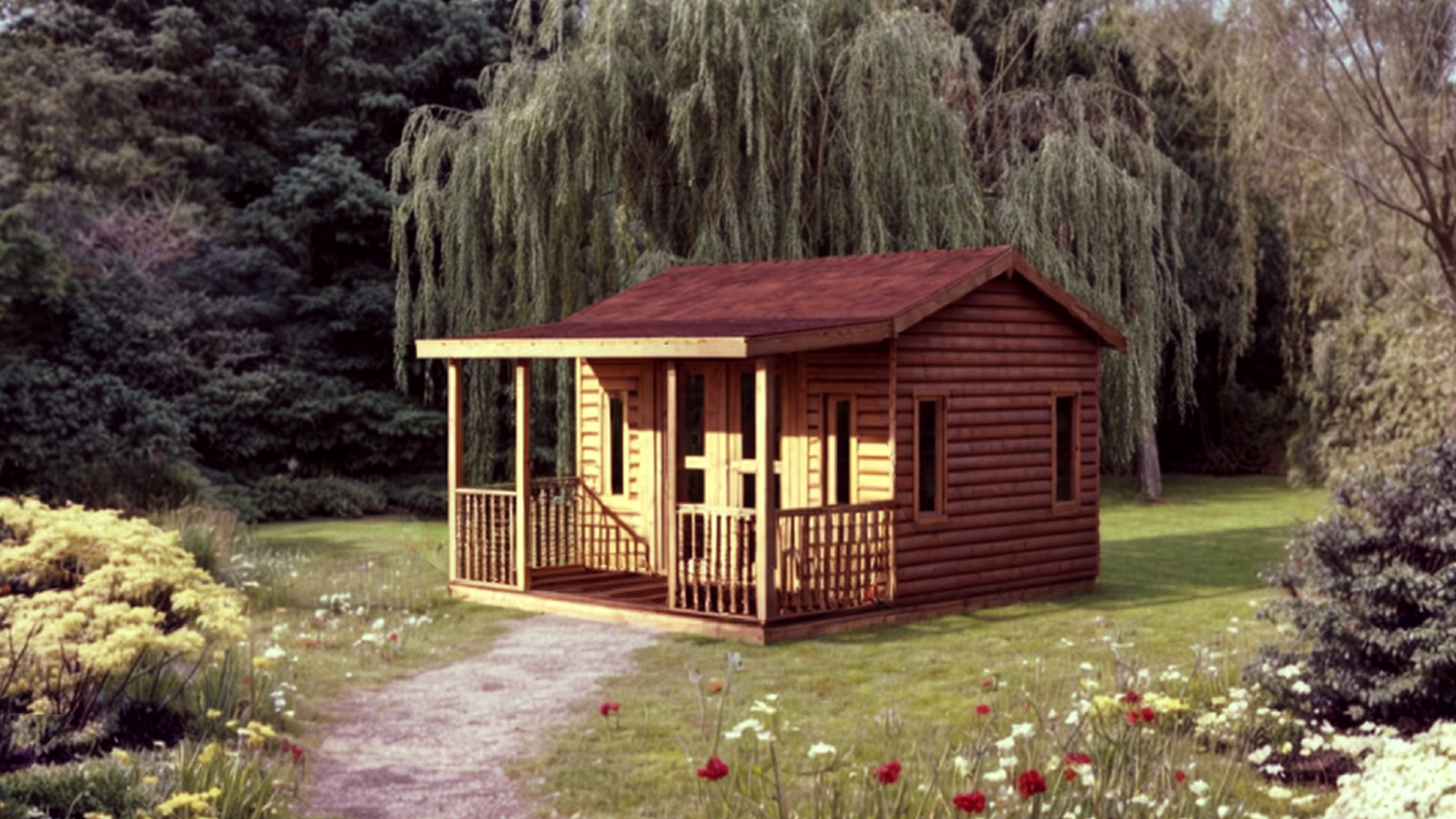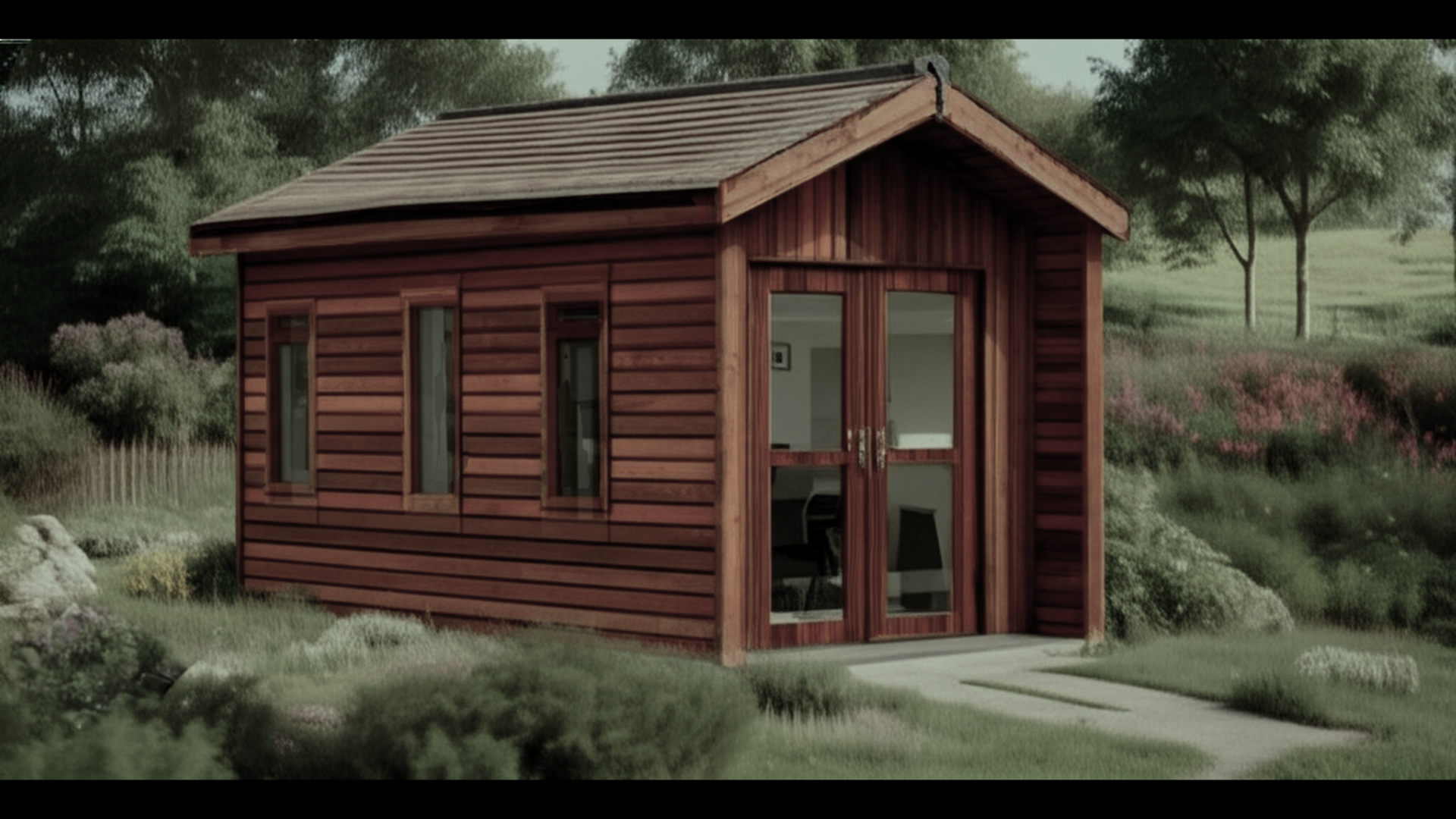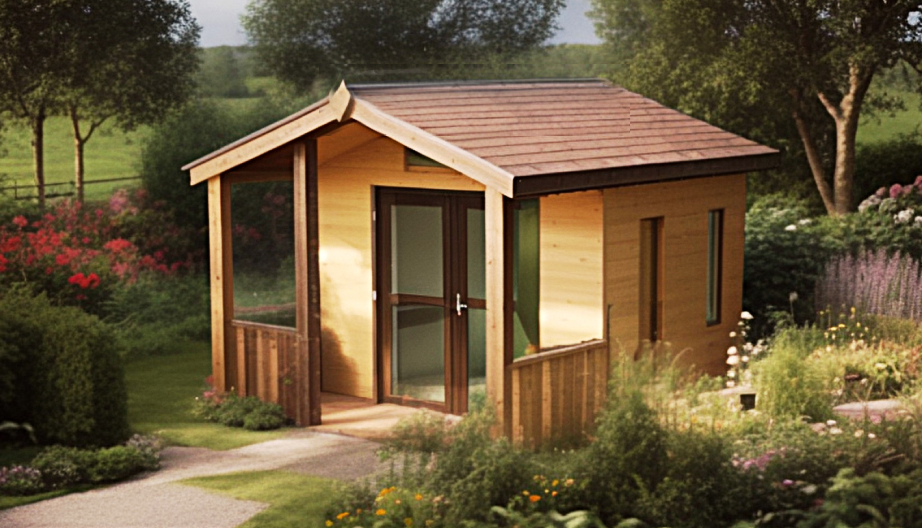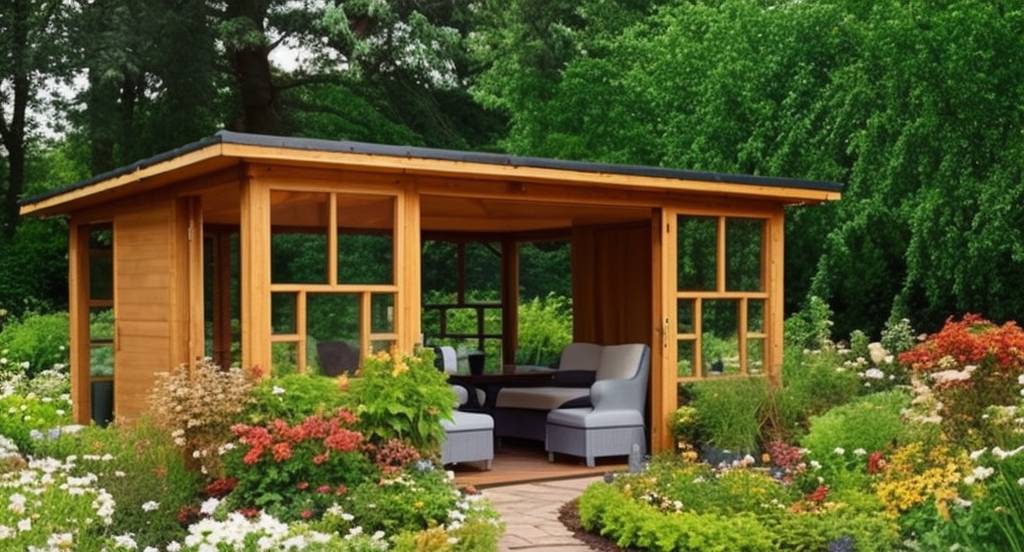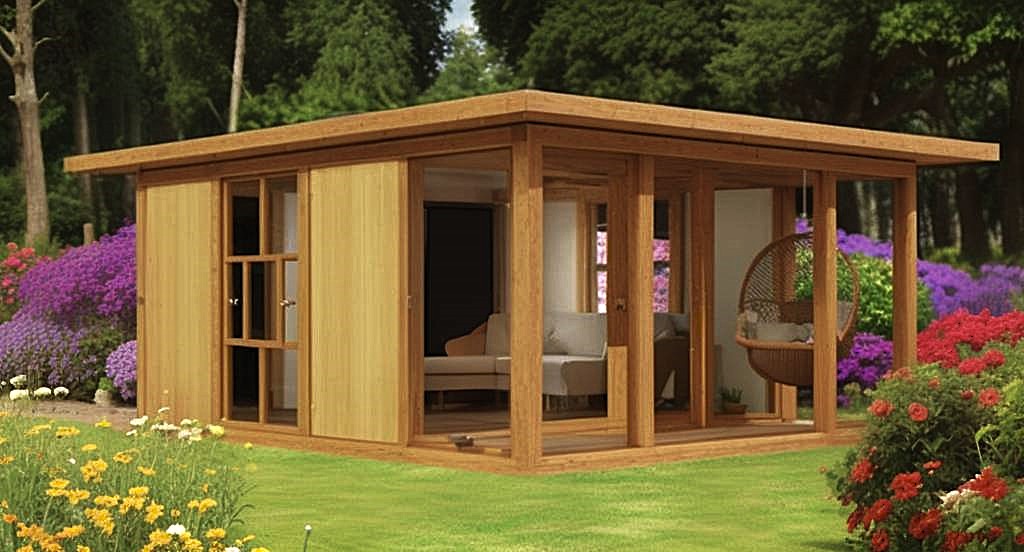Eco-Friendly Elegance in Every Garden Room
Using timber certified through the PEFC (Programme for the Endorsement of Forest Certification) Chain of Custody and FSC (Forest Stewardship Council) registered sources offers a range of important benefits, both environmental and commercial. Here’s a clear breakdown:
Sustainability
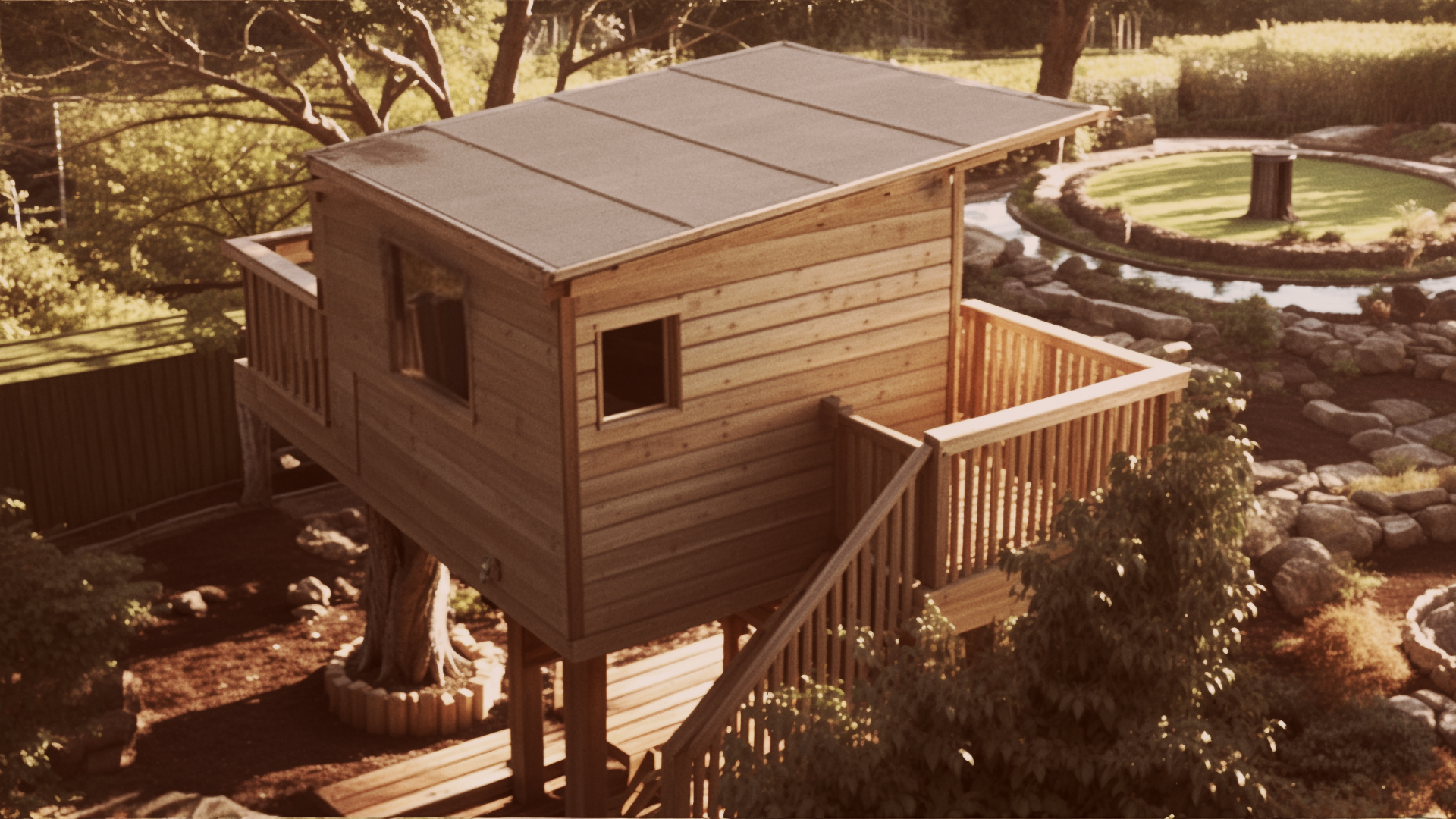
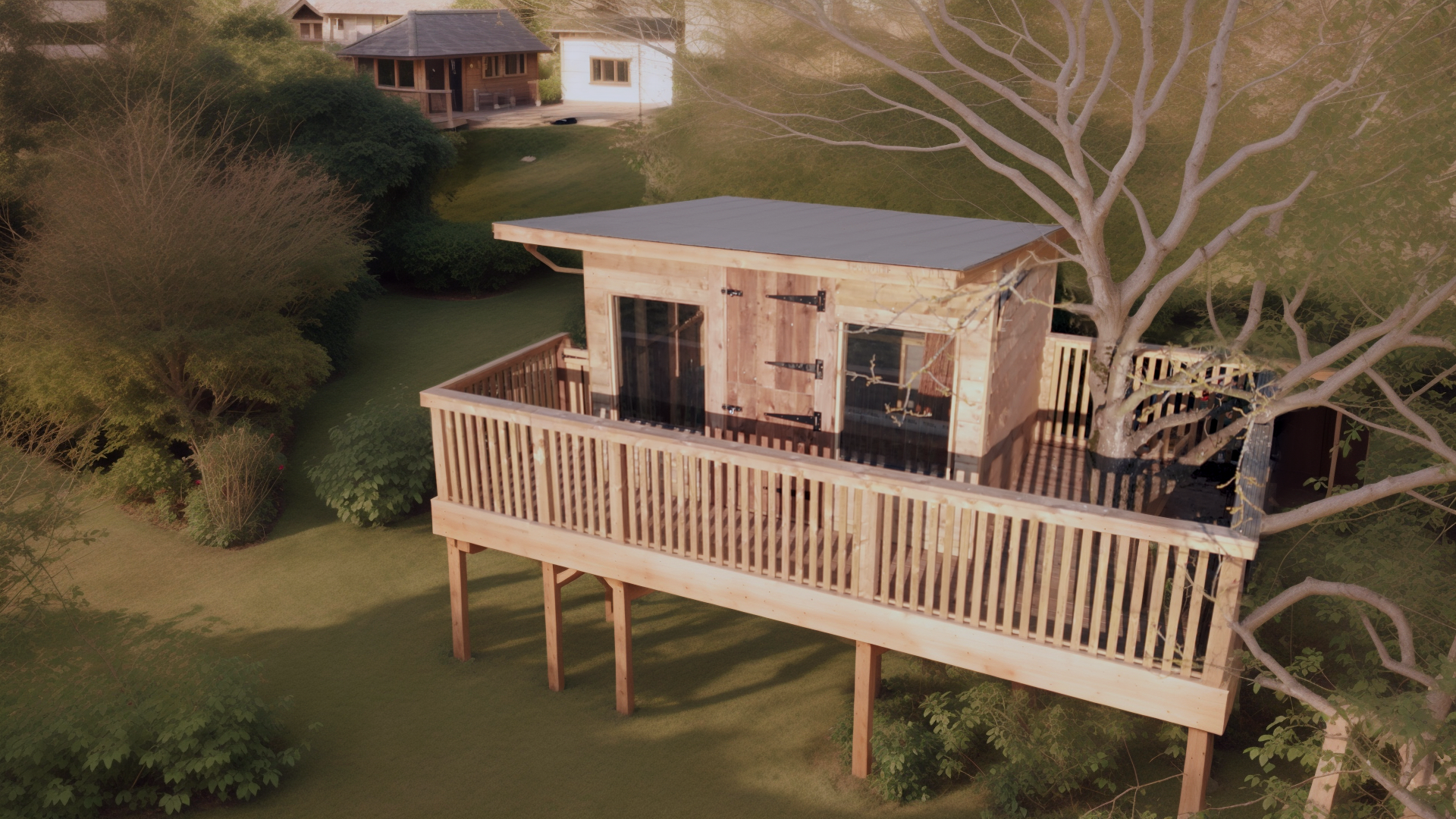
🌍 1. Environmental Sustainability
-
Promotes responsible forest management: Both PEFC and FSC ensure that timber comes from forests managed to protect biodiversity, water resources, and ecosystems.
-
Supports reforestation: Certified operations must regenerate harvested areas, either naturally or by replanting.
-
Prevents illegal logging: Certification guarantees that the timber was legally harvested with proper documentation.
✅ 2. Verified Traceability
-
Chain of Custody tracking: Both systems offer full traceability from forest to final product, ensuring transparency and integrity in sourcing.
-
Reduces greenwashing risk: You can confidently claim your timber is responsibly sourced, backed by recognized certification bodies.
🏢 3. Commercial and Market Advantages
-
Meets client and regulatory requirements: Many governments, architects, and developers require FSC or PEFC-certified materials for compliance or tender eligibility.
-
Boosts brand image: Shows your commitment to sustainability and ethical sourcing, which is increasingly valued by consumers and investors.
-
Eligible for green building schemes: Certified timber often qualifies for credits in BREEAM, LEED, and other sustainable building programs.
📄 4. Legal Compliance
-
Meets EUTR/UKTR and Lacey Act standards: Certified timber helps ensure compliance with international laws on timber legality and sustainability.
-
Reduces liability: Certification reduces the risk of sourcing from unethical or illegal suppliers, protecting your business from fines or reputational damage.
🔨 5. Consistent Quality and Standards
-
Audited and standardized processes: Certified timber suppliers are regularly reviewed to ensure they meet rigorous standards for forest management and timber processing.
-
Reliable supply chains: You’re working with vetted sources, which often ensures better consistency in product quality and availability.
🤝 6. Supports Ethical Practices
-
Fair treatment of workers and communities: Both FSC and PEFC require consideration of social impacts, including the rights of Indigenous peoples and fair labor practices.
-
Community engagement: Many certified forests contribute positively to local economies and social development
1. Natural and Sustainable Material
-
Eco-friendly: Sisalwool is a natural insulation made from a blend of sisal fibres (from the agave plant) and wool (typically sheep’s wool), making it a renewable and biodegradable material.
-
Low environmental impact: Production of sisalwool requires less energy and emits fewer pollutants compared to synthetic insulation like polystyrene or fiberglass.
2. Excellent Thermal Insulation
-
High R-value: Wool fibers trap air efficiently, providing excellent thermal resistance, helping keep your garden room warm in winter and cool in summer.
-
Thermal mass: Sisal adds density, improving heat retention and buffering temperature swings.
3. Breathability and Moisture Regulation
-
Humidity control: Wool can absorb and release moisture without losing insulating properties, which helps regulate humidity and prevents condensation.
-
Reduces mold risk: Its breathability contributes to a healthier indoor environment, especially important in smaller, tightly-sealed garden rooms.
4. Acoustic Insulation
-
Noise reduction: Sisalwool is also effective at absorbing sound, providing acoustic insulation from outside noise – ideal if the garden room is used as an office, studio, or retreat.
5. Non-toxic and Safe to Handle
-
No harmful chemicals: Unlike some synthetic insulations, sisalwool does not contain irritants or off-gas volatile organic compounds (VOCs).
-
Safe installation: It’s safe to handle without gloves or masks, making it more pleasant and accessible for DIY builders.
6. Pest Resistance
-
Naturally pest-resistant: Wool insulation is often treated with natural pest repellents like boron salts, deterring insects without using toxic chemicals.
7. Longevity and Durability
-
Long-lasting: Sisalwool resists settling and degradation over time, maintaining its performance for many years with minimal maintenance.
The Benefits of Sustainable Building
EASY PAD FOUNDATION
Using an easy pad foundation for a garden room offers several practical benefits, especially for smaller structures like home offices, studios, or summerhouses. Here’s a breakdown of the advantages:
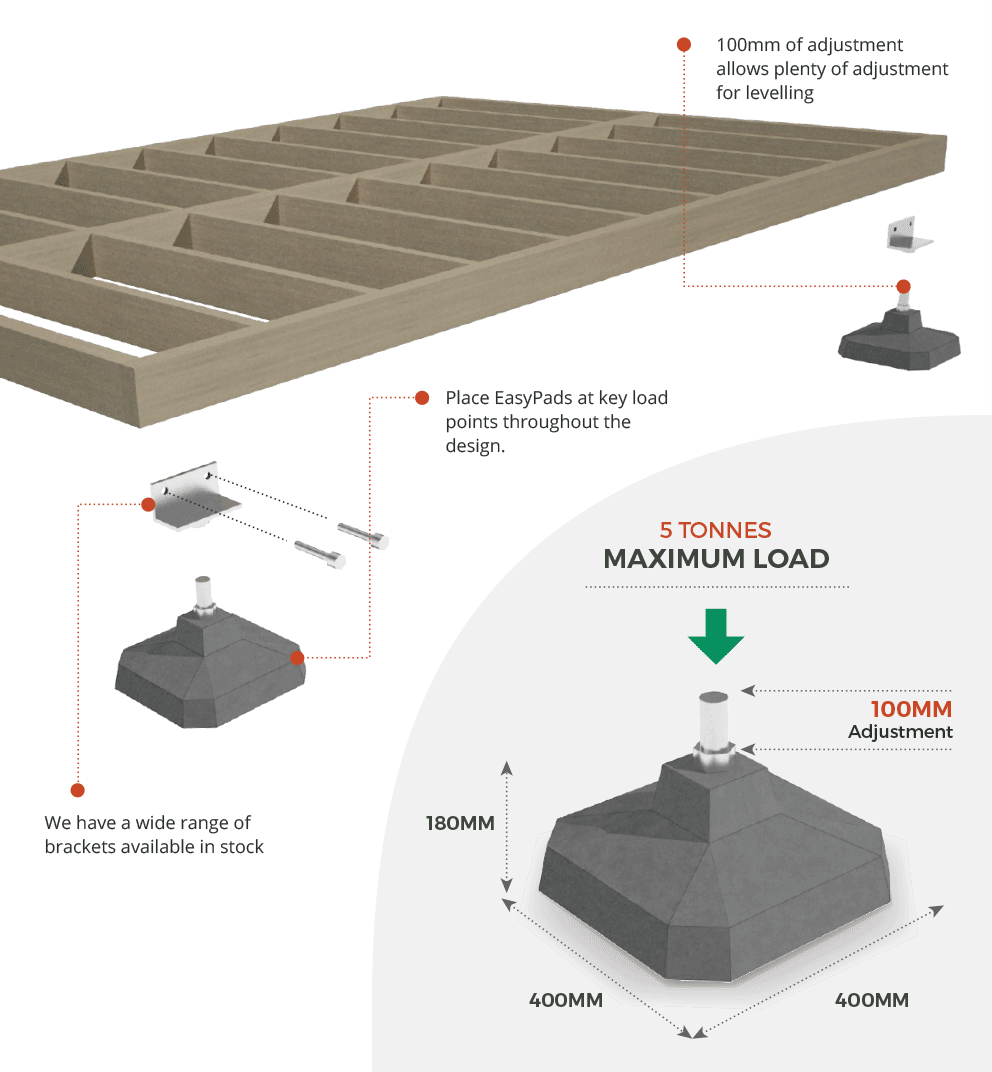
🔧 1. Quick and Easy Installation
-
No digging or concrete required: Easy pads sit directly on the ground and don’t need deep excavation or curing time like traditional concrete foundations.
-
DIY-friendly: Many homeowners can install easy pads themselves with basic tools and skills.
🌱 2. Minimal Ground Disruption
-
Preserves the landscape: Because they don’t require extensive digging, easy pads are less invasive and ideal for gardens you want to keep looking good.
-
Environmentally friendly: Reduced soil disturbance helps protect tree roots and nearby plant life.
💸 3. Cost-Effective
-
Lower material and labor costs: You save on concrete, excavation equipment, and skilled labor.
-
No need for heavy machinery: Reduces rental or contractor expenses.
🏗️ 4. Strong and Stable Support
-
Distributes weight evenly: Suitable for supporting timber-framed or modular buildings.
-
Engineered load capacity: Many systems are designed and tested for specific load-bearing standards.
🔄 5. Adjustable and Flexible
-
Easily leveled: Most systems allow fine height adjustment to accommodate uneven ground.
-
Reusable: If the garden room is moved or removed in the future, the pads can often be reused elsewhere.
🕒 6. Time-Saving
-
No curing delays: Unlike concrete, which requires drying time, easy pads can be used immediately.
-
Speeds up project completion: You can get your garden room installed faster.
🧱 7. Compatible with Many Structures
-
Versatile: Suitable for timber frames, modular builds, and even some steel-framed structures.
-
Customizable layout: Can be arranged to suit different floor plans and room sizes.
In summary, easy pad foundations are a practical, efficient, and eco-friendly solution for garden room construction, offering fast installation, cost savings, and flexibility with minimal environmental impact.
Using timber certified through the PEFC (Programme for the Endorsement of Forest Certification) Chain of Custody and FSC (Forest Stewardship Council) registered sources offers a range of important benefits, both environmental and commercial. Here’s a clear breakdown:

